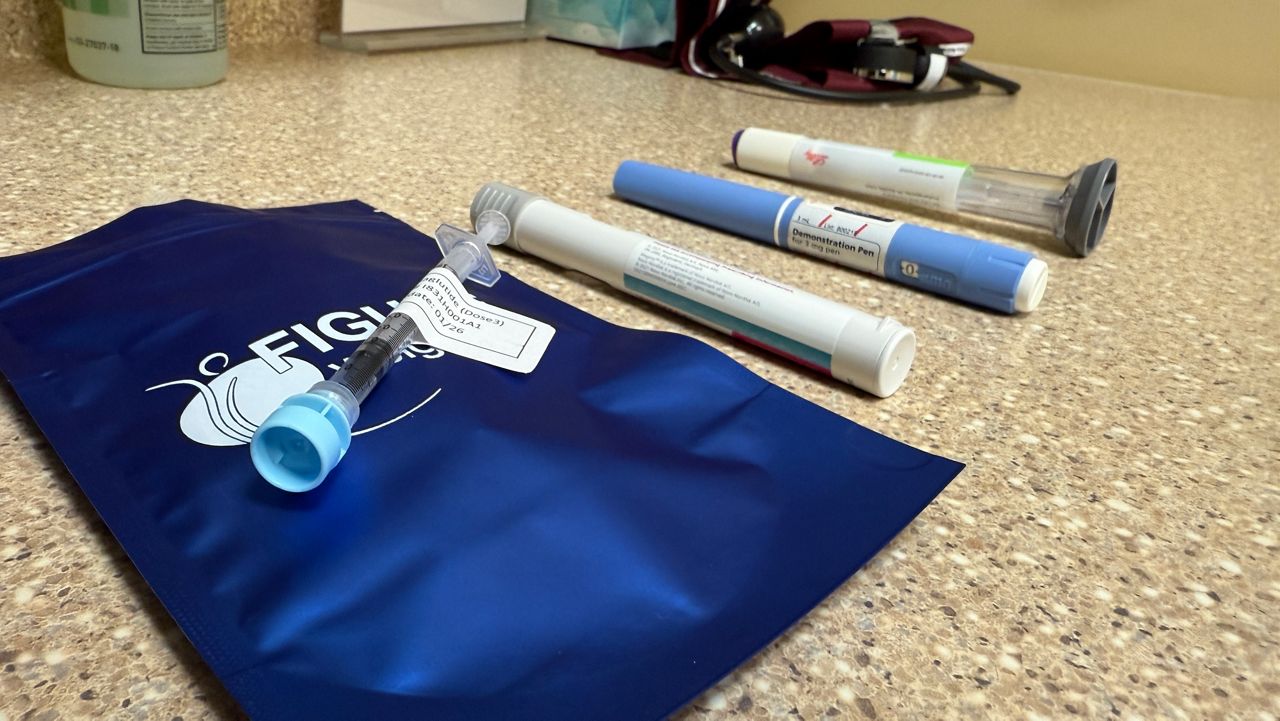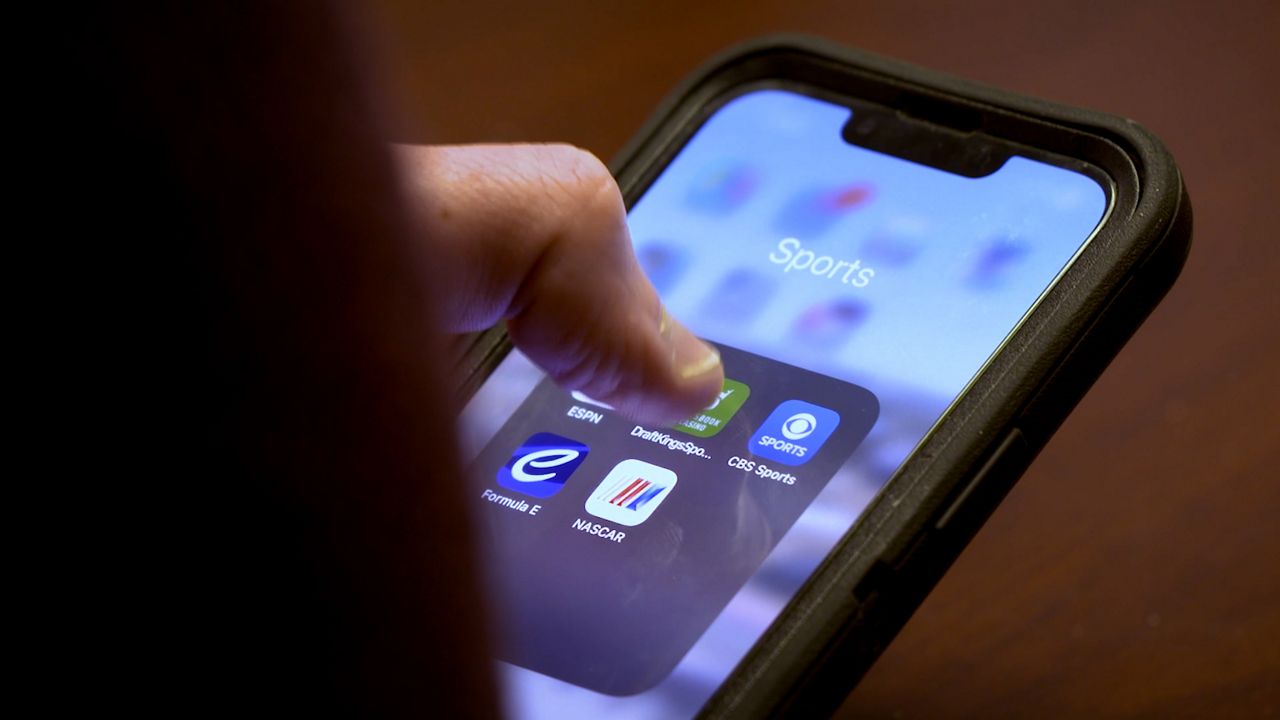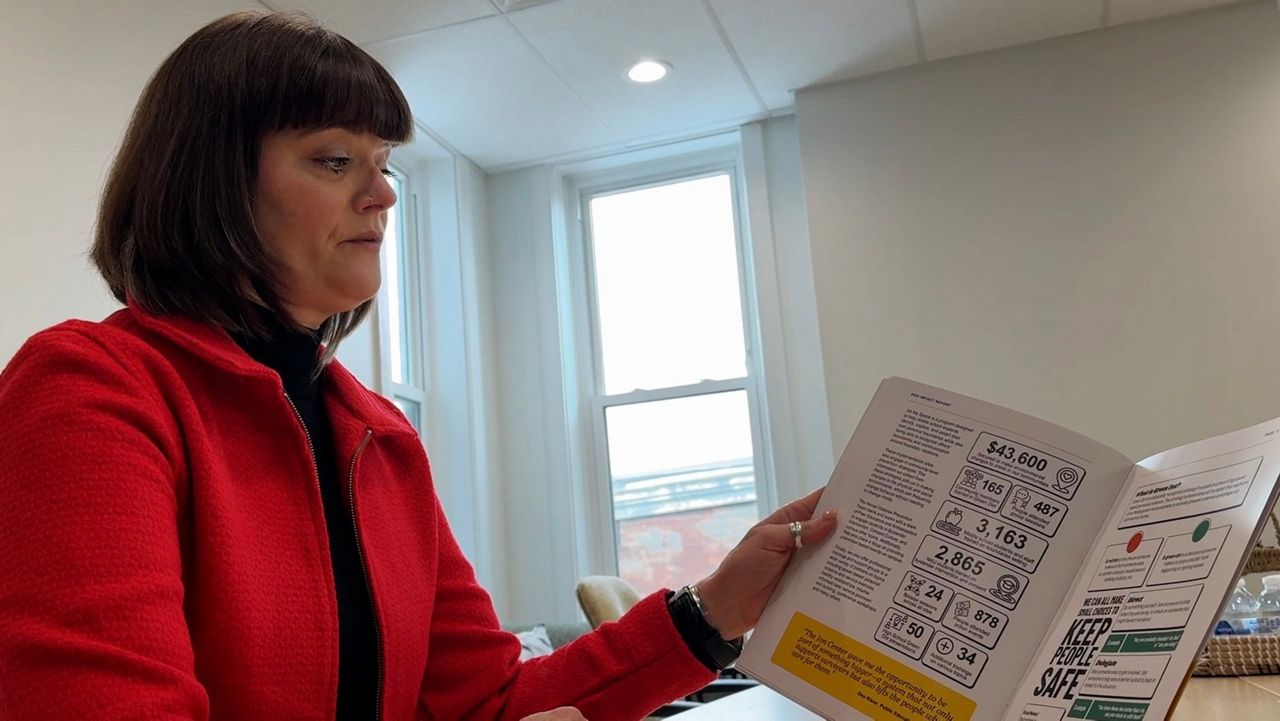FLORENCE, Ky. — Four days into the new school year, officials from Kentucky’s third largest school district say everything has gone smoothly when it comes to school buses.
Still, some parents in the Boone County School District have expressed concerns about what could go wrong with the systems in place on the buses.
All eyes have been on buses following the issues that have occurred with Jefferson County Public Schools.
Boone County School District, which has far fewer students, has had all of its buses empty by 5:25 p.m. at the latest in the first three days of school.
This is despite the fact that the district would need an additional 24 drivers to have a dedicated driver for every bus route. To account for this, 18 of the routes are “dedicated doubles,” meaning a single driver is covering two routes.
But that’s not the primary concern for Aaron Gillum as it relates to buses.
“We understand that the district is trying to make adjustments for safety, that these labor challenges mean they have to be creative,” he said. “Where the concern is, is all this data is managed by third-party companies. And when I ask questions of the district about how are you making sure that this is secure? Who owns the data? Who’s keeping it private? Where are your privacy agreements? Where are your evaluations of these companies to make sure they’re following good security practices? None existed.”
With about 27 years’ experience working in IT, specializing in data privacy, Gillum’s daily life consists of, in his words, “making sure that information that’s supposed to be private stays private while exchanging the information that’s needed between multiple organizations.”
Gillum said he’s concerned a new system the Boone County School District is rolling out will put his child’s data privacy, as well as that of other students, at risk.
“You have information about where your child lives, when they’re getting off the bus in the morning, maybe by themselves, where they’re getting off the bus in the afternoon. Again, maybe by themselves,” Gillum said. “When we’re securing information, we always have to plan for the worst-case scenario.”
The district’s Z Pass was recently approved by the Boone County School Board, joining the list of other transportation upgrades the district has made using ESSER funds in recent years. Card readers on buses, but the system is not up and running yet.
Last school year, BCS upgraded the GPS systems on all buses to be able to track them in real time. Parents can track their kid’s bus, too, using the district’s Zonar My View bus app.
Once fully implemented, Z Pass will provide all elementary and special transportation students with a radio frequency identification (RFID) card, which they’ll scan when they get on and off the bus. That scan will send a notification to parents.
Jill Huston, another parent in the district, said she’s not so sure about this system.
“I question what they’re going to be using this data for. And we as parents have to advocate for our kids,” she said. “If parents want to track and trace their kids, put an air tag on their backpack. Done. Why are schools implementing this?”
However, according to Boone County Assistant Superintendent Kim Best, that’s not exactly how it works.
“It is a passive chip, so it stores no data. They scan that as they get on,” Best explained. “It basically reads a unique identifier. So we would know that card 1234 scanned at this location. That’s all the information it contains at that point.”
“As far as knowing exactly where that student is along the way, it does not offer that tracking. And that’s the concern we’ve heard is: are you tracking my student? It really just tells us what location did they get on the bus? And what location did they get off the bus?” Best added.
Still, Huston said she tried using the GPS tracking on the app before, and won’t be going back.
“Technology is great when it works. So I did download it. And I utilized it. But half the time, or most of the time, it didn’t work, so I just deleted it. I thought, well, I’ll just sit at the bus stop and wait for my kid to get off the bus,” Huston shared.
Parents will be allowed to opt out of the RFID badge. Those students will still be given a card without a chip.
Gillum said, while researching, he found that the photo IDs, names and ID numbers of other districts’ students were being used in marketing materials.
He said he’s reached out to 11 other school districts, and was told by all of them they were unaware their student data was being used.
“All of this information is being shared with these third-party companies. And without putting things in place like data privacy agreements, without doing operational control assessments, and then setting them up regularly to audit these companies and ensure that these practices are being followed, we’re really setting our children’s data at risk here,” Gillum said.
Best said BCS has taken steps to keep student data safe.
“We did ask for some additional addendums to our contracts for what would not be permissible,” she said.
Those parameters include not using students’ ID information in marketing.
“There’s no concern on the school district’s side. If I were somehow miraculously able to access that number on that chip, I’m just going to see a unique identifier for a student. In order for us to figure out who that unique identifier belongs to, we have to go into a different system, and match up that information,” Best said. “Now, if I wanted to go any further and find anything other than a student’s name and their student ID number, I would have to go into our infinite campus system, which is our student information system that we use. So in order for someone to get full access to a student’s information, they would really have to utilize three different access points in order to find out anything else.”
Huston said she’s also concerned about how the district will pay for the upgrades in the coming years.
Best said the cost for Z Pass is about $5 a student. At about 20,000 students, that comes to $100,000.
In addition to financial and privacy concerns, Gillum said he doesn’t want to see the district become over-reliant on technology to transport students.
“Dependencies on these systems have really created a place where we can fail to recognize that there’s nothing more important than a good driver and a good aid on that bus, to make sure they know the kids, they know the routes, they know where they’re going,” he said.
On that point, at least, he and Best agree.
“We always ask: well, what if it doesn’t work? So this is a great system, but let’s not move away from what we already have,” she said.
One example of that, Best said, is that all Boone County bus drivers will continue to have physical rosters on buses to be able to check who’s there.
The district is looking for bus drivers. Anyone interested can apply by visiting the district’s website, and signing up for their training program.










